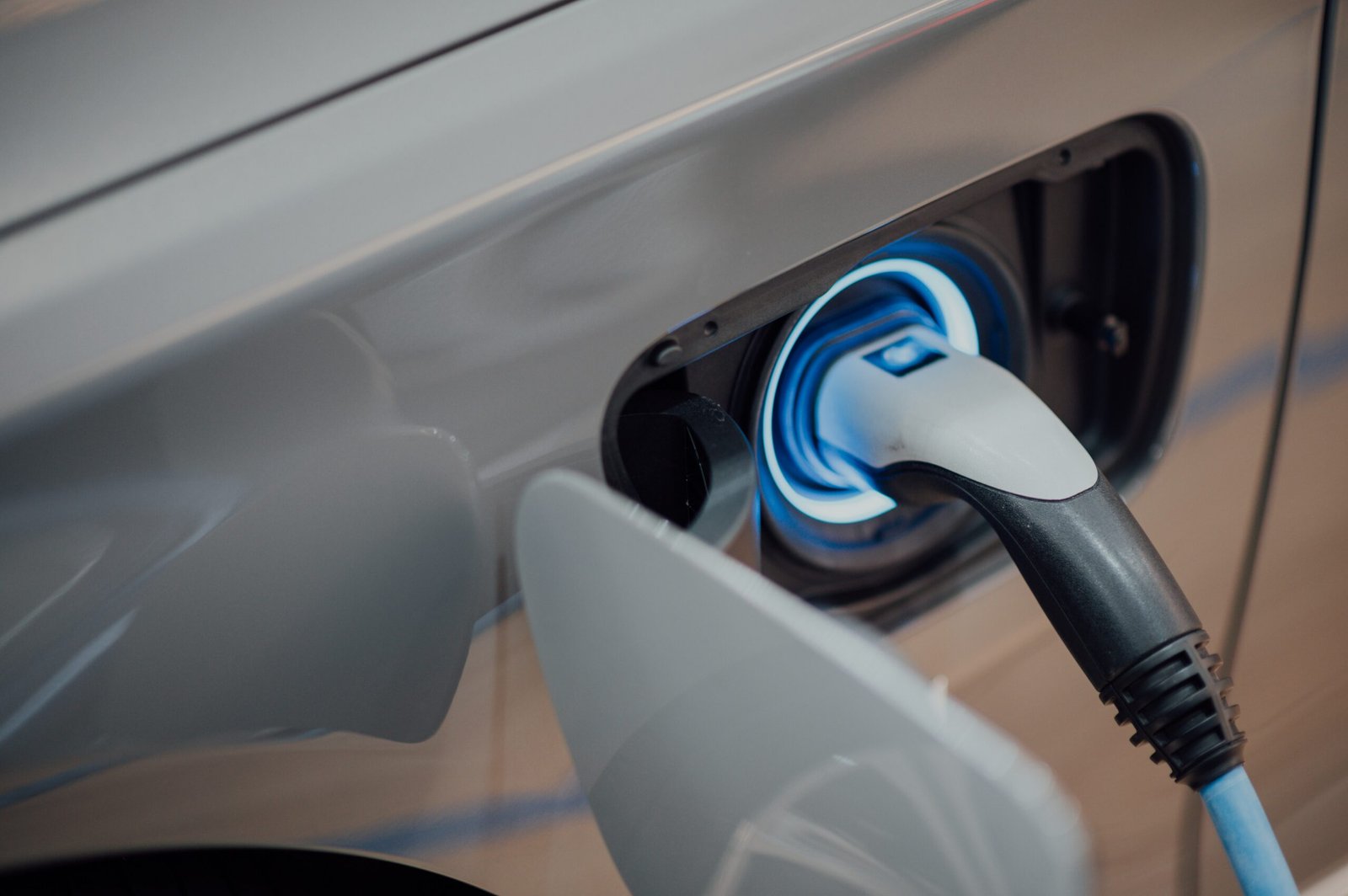Transportation plays a vital role in our daily lives, connecting us to work, school, and leisure activities. However, the traditional modes of transportation have had a significant impact on the environment, contributing to air pollution and climate change. As we look to the future, it is crucial to explore greener options that can help mitigate these environmental challenges.
The Rise of Electric Vehicles
One of the most promising developments in transportation is the rise of electric vehicles (EVs). These vehicles run on electricity instead of gasoline or diesel, significantly reducing greenhouse gas emissions. EVs have come a long way in terms of technology and affordability, making them a viable option for many consumers.
With advancements in battery technology, EVs now offer longer ranges and faster charging times. Additionally, the infrastructure for charging stations is expanding rapidly, making it more convenient for EV owners to recharge their vehicles. As more people embrace electric vehicles, we can expect a significant reduction in carbon emissions and a cleaner future for transportation.
Investing in Public Transportation
Another important aspect of greener transportation is investing in public transportation systems. Public transportation, such as buses, trains, and trams, can help reduce the number of cars on the road, thereby decreasing traffic congestion and emissions.
Many cities around the world are expanding their public transportation networks and making them more sustainable. This includes the introduction of electric buses and trains that produce zero emissions. By encouraging more people to use public transportation, we can create a more efficient and environmentally friendly way to travel.
The Potential of Hydrogen Fuel Cells
While electric vehicles are gaining popularity, another greener option on the horizon is hydrogen fuel cell vehicles. These vehicles use hydrogen as a fuel source and produce only water vapor as a byproduct. Hydrogen fuel cells offer longer ranges and faster refueling times compared to electric vehicles, making them a viable alternative for long-distance travel.
Although hydrogen fuel cell vehicles are still in the early stages of development, many major automakers are investing in this technology. With further advancements and infrastructure development, hydrogen fuel cell vehicles could become a significant player in the future of transportation.
Embracing Sustainable Transportation Solutions
In addition to electric vehicles, public transportation, and hydrogen fuel cells, there are several other sustainable transportation solutions worth exploring. These include bike-sharing programs, carpooling initiatives, and the development of smart cities that prioritize pedestrian-friendly infrastructure.
Bike-sharing programs have gained popularity in many urban areas, providing a convenient and eco-friendly mode of transportation. Carpooling initiatives encourage people to share rides, reducing the number of vehicles on the road. Smart cities utilize technology to optimize transportation systems, reducing congestion and improving overall efficiency.
The Importance of Policy and Education
While the development of greener transportation options is crucial, it is equally important to have supportive policies and education to encourage their adoption. Governments can play a significant role in promoting sustainable transportation by offering incentives for electric vehicle purchases, investing in public transportation infrastructure, and implementing stricter emissions standards.
Education also plays a vital role in fostering a greener transportation mindset. By raising awareness about the environmental impact of traditional transportation and the benefits of greener alternatives, we can encourage individuals to make more sustainable choices.
Conclusion
The future of transportation is undoubtedly greener, with electric vehicles, public transportation, hydrogen fuel cells, and other sustainable solutions leading the way. By embracing these options and implementing supportive policies, we can create a transportation system that is not only efficient but also environmentally friendly. Together, we can build a cleaner and more sustainable future for generations to come.




































